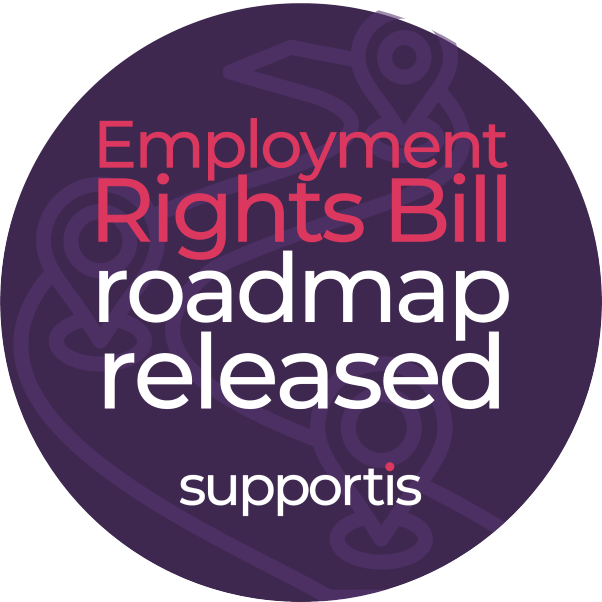The debate around implementing a four-day working week has intensified following the results of a major trial in South Cambridgeshire District Council. While the experiment yielded impressive results in several areas, it also highlighted potential challenges for businesses.
The council’s trial saw a significant drop in staff turnover and improvements in service delivery times for tasks such as processing planning applications and housing benefits. These outcomes are undoubtedly enticing for employers grappling with recruitment difficulties and service efficiency.
However, the trial was not without its drawbacks. Rent collection and re-letting of council housing were negatively impacted. This underlines the importance of careful planning and consideration before adopting a four-day week model.
A broader UK-wide trial also found positive results, with increased employee wellbeing and improved recruitment reported by most participating companies. Nevertheless, experts caution that the four-day week could exacerbate existing inequalities, particularly in terms of welfare benefits and potential exclusions for certain workers.
As small business owners and HR managers weigh the potential benefits and drawbacks of a reduced workweek, it’s clear that a one-size-fits-all approach is unlikely to be effective. Careful analysis of individual business operations and employee needs is essential to determine the feasibility and potential impact of such a change.
While the South Cambridgeshire trial offers valuable insights, it’s important to recognise that the public sector may have different operational constraints compared to private businesses.
Ultimately, the decision to implement a four-day week should be based on a thorough assessment of both potential gains and risks.
HR’s Role in Transitioning to a Four-Day Week
For HR departments, introducing a four-day week presents a complex challenge. Key considerations include:
- Employee consultation: Engaging staff to understand their preferences and concerns is crucial.
- Workload assessment: Determining how to maintain productivity and service levels with reduced hours requires careful analysis.
- Contractual changes: Updating employment contracts to reflect the new working pattern is essential.
- Operational adjustments: Implementing changes to shift patterns, rotas, and service delivery models may be necessary.
- Performance management: Developing new metrics to measure performance in a four-day week environment is important.
- Legal and regulatory compliance: Ensuring adherence to employment law and other relevant regulations is vital.
By carefully managing these aspects, HR can play a pivotal role in ensuring a smooth transition to a four-day week and maximising its potential benefits.
For employers requiring further guidance or assistance with HR, Health & Safety, Employment Law or eLearning, Supportis are here to help. Contact us today for a free consultation at [email protected] or on 0161 603 2156.




